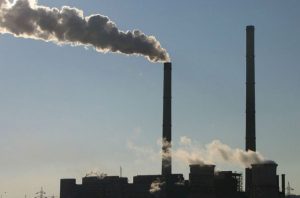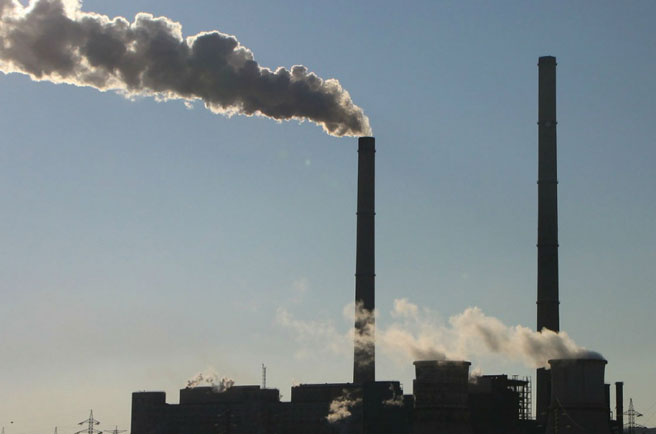 By Izabella Teixeira
By Izabella Teixeira
Former Environment Minister of Brazil
In December 2015, the world decided, in Paris, on a new global agreement to combat climate change. The Paris Agreement established an innovative legal framework to ensure compulsory, transparent and progressive commitment (without setbacks) of all signatory countries of the Climate Convention to reduce emissions of greenhouse gases. It actually raises the issue of climate change as a strategic variable of global development in this century.
The Paris Agreement clearly states the path of the low-carbon economy and inclusive development. The common understanding of the need to change the vision and decision-making on economy and development justified the decision. With it, producing (goods) and protecting (environment and natural resources) are actions that will be more and more at the centrality of global and national decisions on development and social inclusion.
Many wonder if the agreement is enough. This is the first step of a new political process where all societies are part of the solution. We will have to deal more and more, on a daily basis, with the uncertainties and vulnerabilities associated with climate phenomena and its economic, social, ecological and environmental impacts.
Although (political and scientific) uncertainty is still large, the climate global agenda is no longer limited (or priority) to mitigation actions. We will have to keep pace with adaptation measures to climate change, where the challenge requires new approaches to efficient allocation of natural resources and the planned use of urban and rural territories.
In this new world of low-carbon, waste and unsustainability in the use of natural resources should be banned. Efficiency, decarbonization of the economy, minimizing risks and vulnerabilities should gain a progressive role in planning and decision-making in alternatives to economic growth and development financing.
Science will certainly continue to play its role to assess the effects of climate change brought about by anthropocentrism, which results in the increased temperature of the planet. However, it is a matter for all of us to adopt new attitudes towards the challenges the climate agenda holds. We cannot wait for the future. We must act now and bring about urgent changes in the way we live and use natural resources. It is urgent now for the present!
A new Brazilian economy
In Brazil, the challenges are closely linked to opportunities for inclusive and sustainable development in a new relationship with environmental quality and lifestyles. Our ambition is to be a country prepared for the low carbon economy with more efficient and inclusive options to address the vulnerabilities and risks associated with climate changes and follow the development path.
By 2020, when the Paris Agreement should come into force, we should promote changes in agriculture, energy, transport, industry, in our cities, and in the protection of forests to actually wend the new way of the low carbon economy.
Although Brazil is the country that, for the past ten years, has been offering major reductions in greenhouse gas emissions due to the fight against illegal deforestation in the Amazon, we must do more! Illegal deforestation of our forests reveals, besides to environmental crime, the waste and crude vision of development, which should be banned. It is urgent to be cleared out not only in the Amazon but in all Brazilian biomes. We will also have to restore forests, capture carbon and make forestry a source of development and environmental protection.
The world expects Brazil to be the largest producer of food in the coming years and to do so, we must ensure low-carbon agriculture paths (ABC Plan) and increase the recovery of pastures and degraded areas. There is no need to lose biodiversity to advance in food production. The means are already known: technological gains and agricultural productivity, new infrastructure arrangements and low-carbon logistics, water security and the compliance of the New Forest Code should model our food production, our contribution to global food security and the end of wasteful production and consumption of food in Brazil.
In energy, we have the challenge of moving towards a renewable energy matrix without compromising energy security and supply, and defining the most relevant efficiency. The integration of means of transportation, the sustainable mobility options in our cities and new urban settlement processes are essential for the new models of production and lifestyles in the “low carbon era.”
Global decisions on climate change are not separated from our daily choices of consumption, land use, the way of living and having. We can choose to live better with less environmental impact, in a more inclusive and fairer way. Less vulnerable, with economic growth, knowledge, and new technologies, as well as quality of life. In fact, we must build lifestyles in which we are part of the solutions, not the problems.


